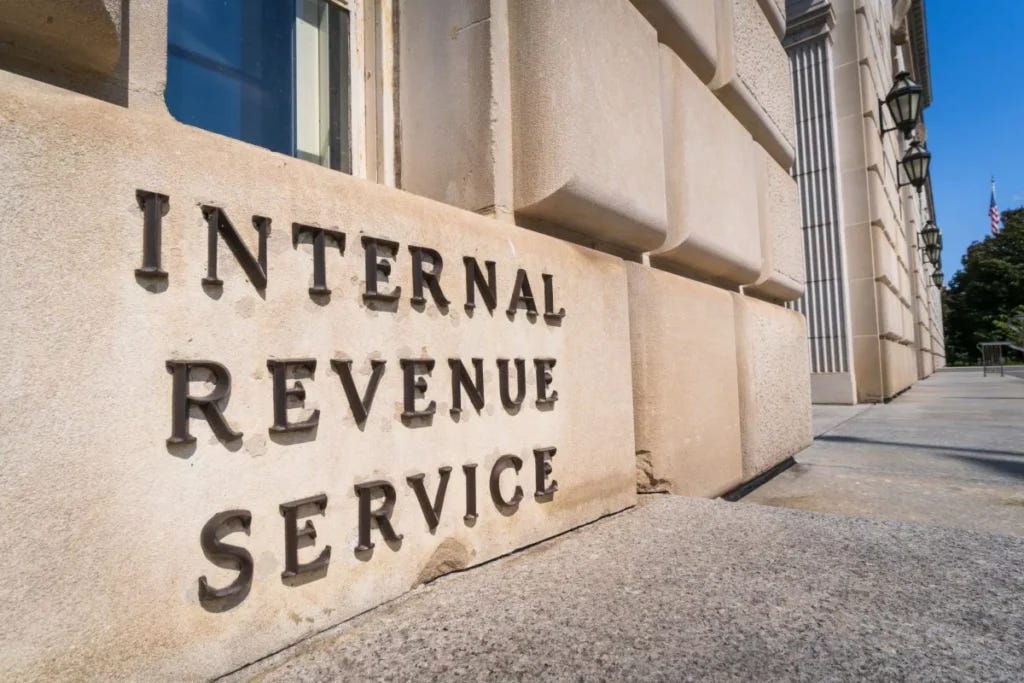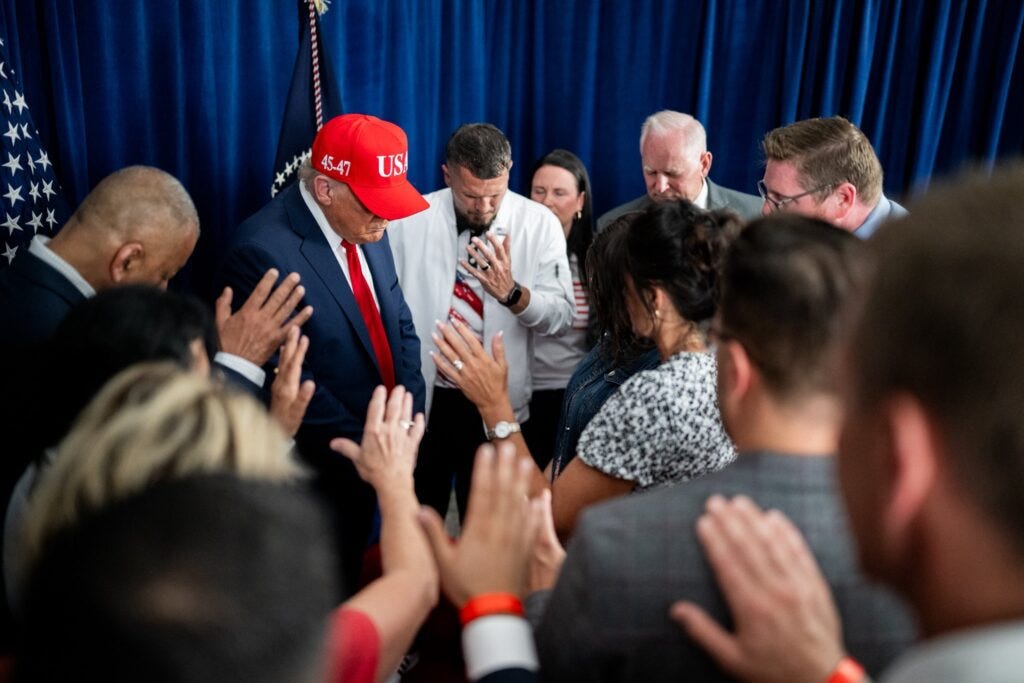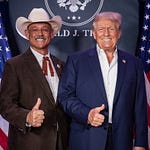
NOTE: This piece first appeared on FLGulfNews.com.
By Richard Luthmann
IRS Backs Off After Lawsuit From Christian Groups
The IRS issued a seismic shift in its July 7 court filing. Faith leaders may now endorse political candidates to their own congregations without jeopardizing their tax-exempt status. The change marks the most significant reworking of the Johnson Amendment since its enactment in 1954.

The move responds to a lawsuit filed in August 2024 by two Texas churches—Sand Springs Church and First Baptist Church of Waskom—and the National Religious Broadcasters Association. Plaintiffs asserted that churches were being unconstitutionally silenced, violating their First Amendment rights.
In what appears as a retreat, the IRS said the ban “does not reach communications from a house of worship to its congregation in connection with religious services.”
That means pastors can now name names from the pulpit. The IRS likened these endorsements to “a family discussion concerning candidates.”
Evangelicals hailed the news as a direct fulfillment of a long-sought promise by President Trump, who has repeatedly vowed to protect religious speech.
Holy Trump! President Trump’s Crusade to Protect the Pulpit
From day one, President Trump made religious liberty a top priority.
In May 2017, he signed an executive order to ease enforcement of the Johnson Amendment. While critics dismissed it as symbolic, it signaled a shift.
At the 2017 National Prayer Breakfast, President Trump vowed to “totally destroy the Johnson Amendment.” A week ago, the IRS confirmed that it “generally has not enforced the Johnson Amendment against houses of worship for speech concerning electoral politics.”
The IRS further clarified that internal sermons and faith-based political discussions do not count as prohibited “campaign intervention.”
Pastors like Caleb Greer of Dallas rejoiced.
“We couldn’t even tell our members who stood for life or for religious values,” he said. “Now we can.”
The ruling isn’t a repeal, but it is a green light for faith-driven political speech.
Evangelicals Applaud a Promise Fulfilled
Across the Christian world, President Trump earned praise.
“This is the fruit of President Trump’s promise,” said a legal adviser to the plaintiffs. “Without him, churches would still be muzzled.”
Tony Perkins of the Family Research Council echoed it: “President Trump didn’t just talk about religious liberty. He acted.”
Rev. Michael Jacobs of Fort Worth called it “a spiritual revival” and said President Trump “opened the door.”
Critics, however, warn that it threatens to erode the separation of church and state and could serve as a loophole for campaign finance mandates. The National Council of Nonprofits called the move “deeply concerning,” citing fears of tax-deductible “political money laundering.”
Still, for conservative pastors, the change marks a decisive shift.
Rev. Karen Holt of Oklahoma City said, “We are no longer afraid to speak the truth from our pulpits.”
Holy Trump! A Crown Jewel in President Trump’s Golden Legacy
This IRS concession adds another jewel to President Trump’s religious legacy:
He nominated judges who overturned Roe v. Wade
He defended school prayer rights
He protected conscience exemptions in healthcare
He secured funding and legal access for religious schools
He blocked federal funding to groups that barred religious organizations
Together, these moves underpin his vision for a “New American Golden Age.” It signals a rebirth of faith-led civic engagement.
Critics view it as a shift toward theocratic influence. But millions of evangelicals see salvation through President Trump’s actions.
As Pastor Greer said, “For years, the government told us to stay out of politics. Now, we’re back—and we’re not going anywhere.”
With the 2026 elections approaching, churches are preparing to engage in bold, public ways like never before. Thanks to President Trump, their voice is heard again.
















Share this post